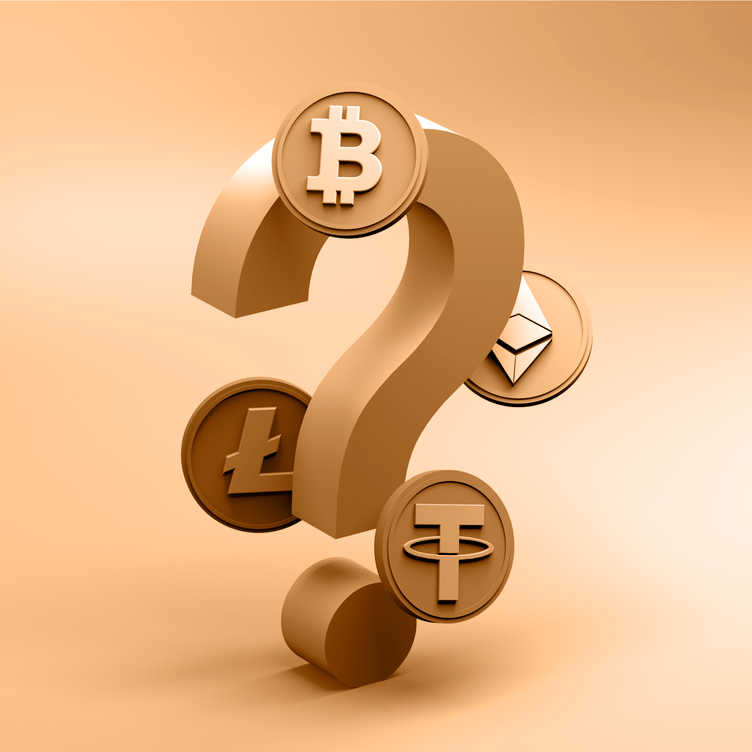How to Buy and Store Cryptocurrency Safely: With its innovative approaches to trading, investing, and wealth storage, cryptocurrency is transforming the financial industry. But because cryptocurrency is decentralized, you are also in charge of your security. Knowing how to purchase and keep bitcoin properly is essential given the rise in scams, hacks, and lost investments. The necessary actions to safeguard your investment are outlined in this handbook.
Choose a Reputable Exchange.
Before you can buy cryptocurrency, you need to select a trustworthy exchange. A cryptocurrency exchange is a platform where you can buy, sell, and trade crypto assets like Bitcoin, Ethereum, and others.
Key features of a reliable exchange:
- Regulated and compliant: Choose exchanges registered with regulatory authorities.
- Strong security protocols: Look for two-factor authentication (2FA), withdrawal whitelist options, and cold storage features.
- User reviews and reputation: Platforms like Coinbase, Binance, Kraken, and Crypto.com are well-established and trusted by millions.
Avoid risky platforms:
- Unknown, unregulated, or offshore exchanges.
- Exchanges that promise unrealistic returns or require you to recruit others (common in Ponzi schemes).
Create a Secure Account.
Once you’ve selected your exchange, create an account using a strong, unique password. Enable two-factor authentication (2FA) using an app like Google Authenticator rather than SMS, as text messages can be intercepted or spoofed.
Tips:
- Never reuse passwords across sites.
- Consider using a password manager to store involved passwords.
- Monitor login attempts and set up alerts for account activity.
Verify Your Identity (KYC).
Know Your Customer (KYC) verification is required by the majority of trustworthy exchanges. Identity documents must be submitted for this process, and occasionally, a selfie is taken for validation. KYC helps stop fraud, money laundering, and unwanted access to your account, even though it may feel intrusive.
Buy Cryptocurrency.
Once your account is set up and verified, you can deposit fiat currency (USD, EUR, PKR, etc.) via bank transfer, credit/debit card, or mobile wallet, depending on your region.
Choose your desired cryptocurrency—commonly Bitcoin (BTC), Ethereum (ETH), or stablecoins like USDT.
Important tips while buying:
- Start small and learn the platform before making large purchases.
- Double-check all transaction details before confirming.
- Use limit orders rather than market orders if you’re concerned about price fluctuations.
Understand Wallets: Hot vs. Cold Storage.
Once you’ve purchased cryptocurrency, do not keep large amounts on the exchange. Although exchanges have improved their security, they are still prime targets for hackers.
Types of wallets:
1. Hot Wallets (Internet-connected):
- Software wallets like MetaMask, Trust Wallet, or Exodus.
- Pros: Convenient for regular transactions.
- Cons: More vulnerable to hacks.
2. Cold Wallets (Offline storage):
- Hardware wallets like Ledger Nano S/X or Trezor.
- Paper wallets which are physical printouts of your private keys and QR codes.
- Pros: Extremely secure from online threats.
- Cons: Inconvenient for frequent trading and costly.
For long-term holders (HODLers), cold wallets are the safest choice.
Backup Your Wallet.
Losing access to your wallet means losing your cryptocurrency. Each wallet provides a seed phrase—a series of 12 or 24 words used to recover your wallet.
Best practices for backup:
- Write down your seed word on paper (never store it digitally).
- Store the paper in a safe place, such as a fireproof safe or a secure location.
- Never share your seed phrase with anyone.
If someone gets your seed phrase, they can access and steal your funds.
Avoid Common Scams.
Crypto is full of opportunities, but also scams. Fraudsters often exploit beginner mistakes.
Watch out for:
- Phishing websites that mimic real exchanges or wallets.
- Fake mobile apps or browser extensions.
- “Help” messages on social media offering wallet recovery or free crypto.
- Pump and dump schemes are promoted in Telegram groups and YouTube videos.
Always verify URLs, avoid suspicious links, and never share your private keys.
Legal and Tax Considerations.
Verify whether cryptocurrencies are legal in your nation. Cryptocurrency is completely legal in some jurisdictions but may be prohibited or restricted in others. Additionally, you must pay taxes on cryptocurrency gains in several nations. You can make accurate reports if you maintain thorough records of your transactions.
Conclusion.
It takes knowledge, accountability, and the appropriate resources to purchase and store cryptocurrencies safely. Transfer your assets to a safe wallet after selecting a trustworthy exchange. Use two-factor authentication, safeguard your private keys, and be on the lookout for fraud at all times. By adopting these precautions, you can guard against losses and make sure your foray into digital assets is safe and prosperous as cryptocurrency continues to gain popularity.




